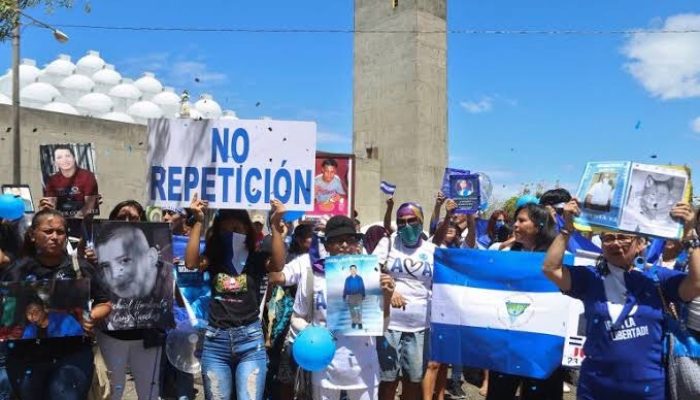By Jennifer Amarachi
The latest mass transfer by President Daniel Ortega’s increasingly authoritarian government was marked by the announcement made by the United States on Thursday that it had succeeded in securing the release of 135 political prisoners from Nicaragua.
According to the White House, Ortega and his associates considered students, members of religious organizations, and other individuals as a “threat to their authoritarian rule.”
The ex-offenders have been transferred to Guatemala, a neighbor, where President Bernardo Arevalo, a reformist, has collaborated closely with Washington on important immigration-related matters.
As per the White House, they will be able to pursue relocation to the United States. National Security Advisor, Jake Sullivan said in a statement that “no one should be imprisoned for peacefully exercising their fundamental rights of free expression, association, and practising their religion.
“The government of Nicaragua is once more called upon by the United States to immediately stop the arbitrary arrest and detention of its citizens for simply exercising their fundamental freedoms.”
The most recent action comes after more than 200 prisoners were released in large quantities and transported to the US in February 2023.
While some human rights activists interpret Ortega’s actions as attempts to remove perceived opponents while seeking favor with Washington, the former prisoners have largely welcomed their release. The most recent release includes 13 members of Mountain Gateway, an evangelical Christian group based in Texas.
Earlier this year, members of the group were accused of money laundering and organized crime by Nicaraguan authorities, a claim they vehemently denied, citing access to review their budgeting.
Ortega, a 78-year-old former leftist guerrilla who fought US-backed forces in the 1980s, returned to power in 2007 and was initially seen as more moderate.
However, he has since removed presidential term limits, seized control of all departments of government, and spearheaded a massive crackdown on groups, including the Catholic Church and NGOs, that are viewed as challenges to his reign.




